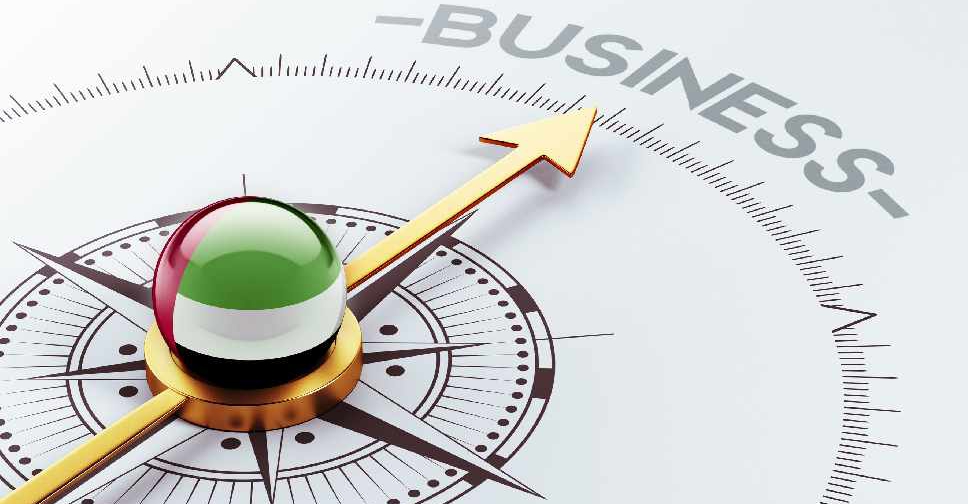
As many as 4,567 new business licences were issued in Dubai in January, which is an increase of 9 per cent compared to the same month in 2020.
Fifth-eight per cent were professional permits, while 40 per cent were commercial, and the rest were distributed among tourism and industrial activities.
Deira accounted for the largest share (2,425), followed by Bur Dubai (2,135), and Hatta (7).
The activities of the new licences issued in January, included: contracting and related matters; building maintenance, guards and cleaning; ready-made garments; Information technology; electronics; food trade; restaurants and cafes.
According to Dubai Economy's Business Registration and Licensing (BRL) sector, the figures reflect Dubai’s resilience as well as the emirate’s economic competitiveness, including its ability to provide high-growth opportunities in various economic sectors.
#Dubai Economy issued 4,567 new licenses in January 2021https://t.co/975BxZU6jf pic.twitter.com/akj7hEk5it
— Dubai Media Office (@DXBMediaOffice) February 7, 2021




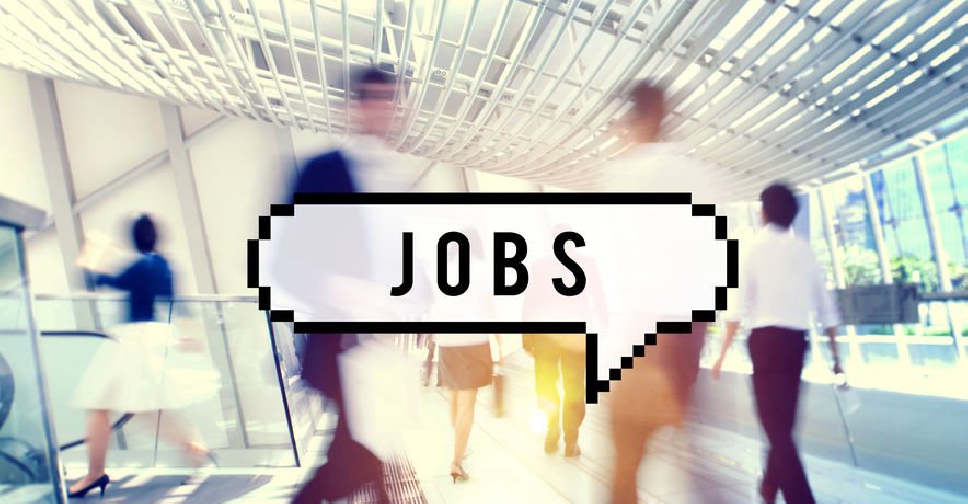 Pakistan must create 30 million jobs over next decade, World Bank president says
Pakistan must create 30 million jobs over next decade, World Bank president says
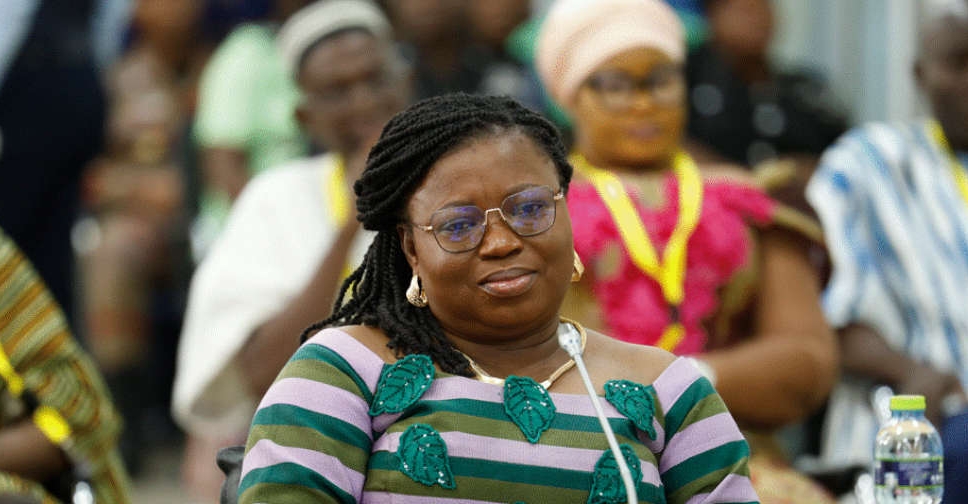 Ghana seeks to deepen strategic investment, innovation ties with UAE
Ghana seeks to deepen strategic investment, innovation ties with UAE
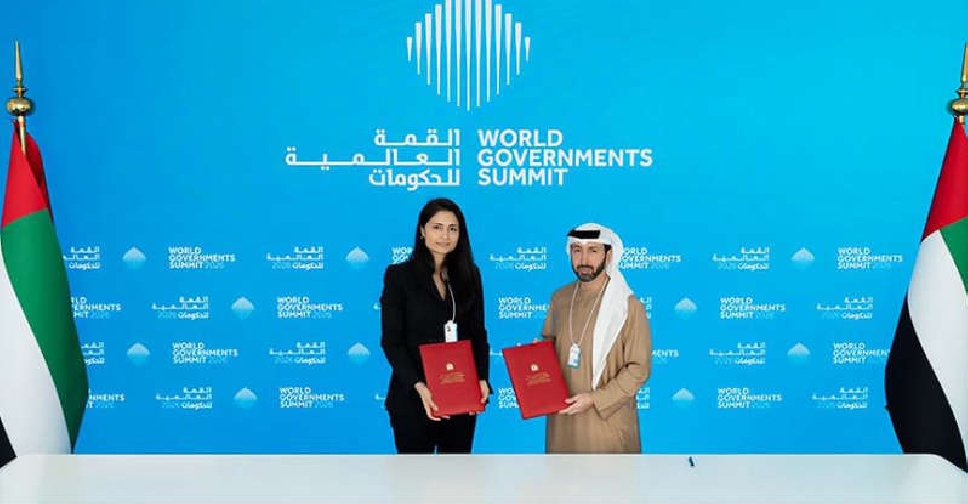 UAE partners with World Economic Forum to fast-track industrial transformation
UAE partners with World Economic Forum to fast-track industrial transformation
 Creative industries 'key to future growth', WGS-FTI report says
Creative industries 'key to future growth', WGS-FTI report says
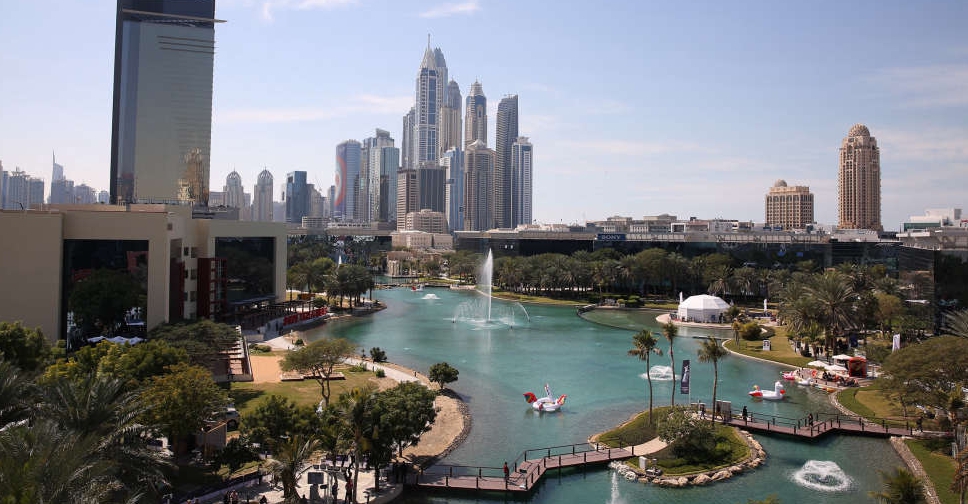 TECOM Group posts strong 2025 results as revenues and profits rise
TECOM Group posts strong 2025 results as revenues and profits rise







